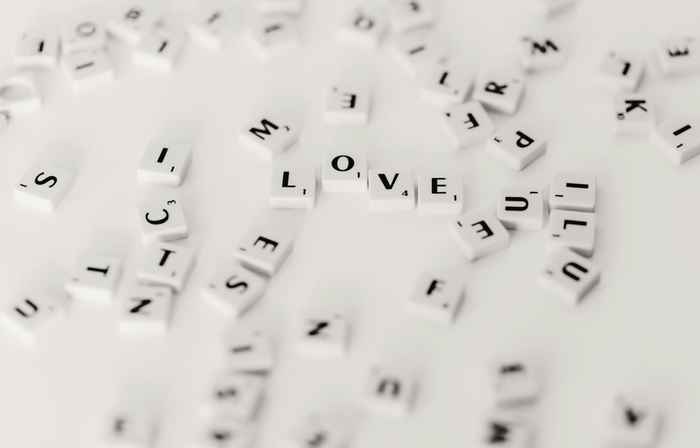Exploring Love: Insights from an anthropologist
13 February 2024

As a researcher specialising in love, what's your opinion about Valentine's Day?
I don't celebrate Valentine’s Day. I find it difficult to do so because, as an anthropologist, I see it as a symbol of capitalism and the commercialisation of love. It seems like you can buy or sell the experience of love, which makes it hard for me to take it seriously. However, I'm still intrigued by the significance of rituals to people. Despite the commercial aspect, giving or receiving a red rose can still hold meaning and importance for individuals. Exploring why it matters to people is an interesting topic.
There's a link between how much money we have and how we show love.Rahil Roodsaz
Considering its association with capitalism, do you think Valentine's Day is more celebrated by rich people?
I believe there's a link between how much money we have and how we show love. In recent times, especially among middle-class people, love and relationships have become ways to express ourselves and make choices. People connect how they show love with how they want others to see them. This close connection between love and who we are is important to notice. Despite this, Valentine's Day is celebrated by many, and you don't have to spend a lot to take part.
Are there other observations about Valentine’s Day that stand out?
I haven't specifically researched Valentine's Day, but I've noticed that it often focuses on heterosexual couples, especially in images on social media and in the media in general. This suggests that heteronormativity still strongly influences our society. However, I do see students in my Love Politics course critically examining these and other practices.
What critical questions are we talking about in particular?
For example, today, there also seems to be more media attention to exploring non-monogamous relationship dynamics, prompting discussions about intimacy, choice, and the consequences of various relationship structures. I'm not sure if this interest is just because it seems exotic or if people genuinely want to explore it. I think we are generally more reflecting on the choices that we make about relationships and intimacy.
So, while we cherish relationships and intimacy, we tend to contemplate more on how we should shape them?
Based on my research, I've observed that people deeply desire romantic relationships, often characterised by commitment, even if not necessarily long-term. This commitment fosters a sense of security and stability, especially in a modern world marked by uncertainty in jobs, housing, education, and other critical aspects of life. Some sociologists suggest that as external insecurities grow, the importance of intimate relationships increases as a source of comfort.
Ironically, because of the value placed on individual freedom and choice, the stability of intimate relationships can be threatened. While we prioritise these relationships, achieving and maintaining them can be challenging.
In the 19th century, people didn't worry about labels like we do today.Rahil Roodsaz
Did previous generations share similar views on relationships?
Different generations grow up in different social and cultural environments, which shape what they value, including love and intimacy. One difference is the strong link between self-expression and romance. Today, romantic love has become a crucial way for individuals to discover themselves.
Another aspect is that, more recently, we have developed a new language. The use of labels to describe different aspects of sexuality and love is more common now. I recently read a novel by Zadie Smith set in the 19th century, that showed how queer people lived their everyday lives. They acted the same but didn't worry about labels like we do today. So, while there are differences between generations, there are also similarities.

If fluidity isn't a new concept, why is there a contemporary need to articulate it in language?
I believe labels help people define their position in relationships and set boundaries around the type of intimacy they prefer. Interestingly, even fluid relationships can now be labelled. For example, there's 'relationship anarchy', which rejects traditional frameworks for love and relationships. However, even within this rejection, there's still a label of being different, like an anarchist.
A monogamous relationship is just one option among many.Rahil Roodsaz
What can we as a society learn from this?
To make society more inclusive of diverse romantic relationships, we need to realise that the traditional idea of a monogamous relationship isn't the only way people naturally live together. It's just one option among many. While monogamy is often seen as the default, the concept of having multiple partners has existed throughout history.
We also need to acknowledge that even in monogamous relationships, people are not immune to the anxiety that comes with fear of missing out, or the demand to be happy all the time. These feelings can strain their relationships. Recognising the complexity of relationships is key to being inclusive.